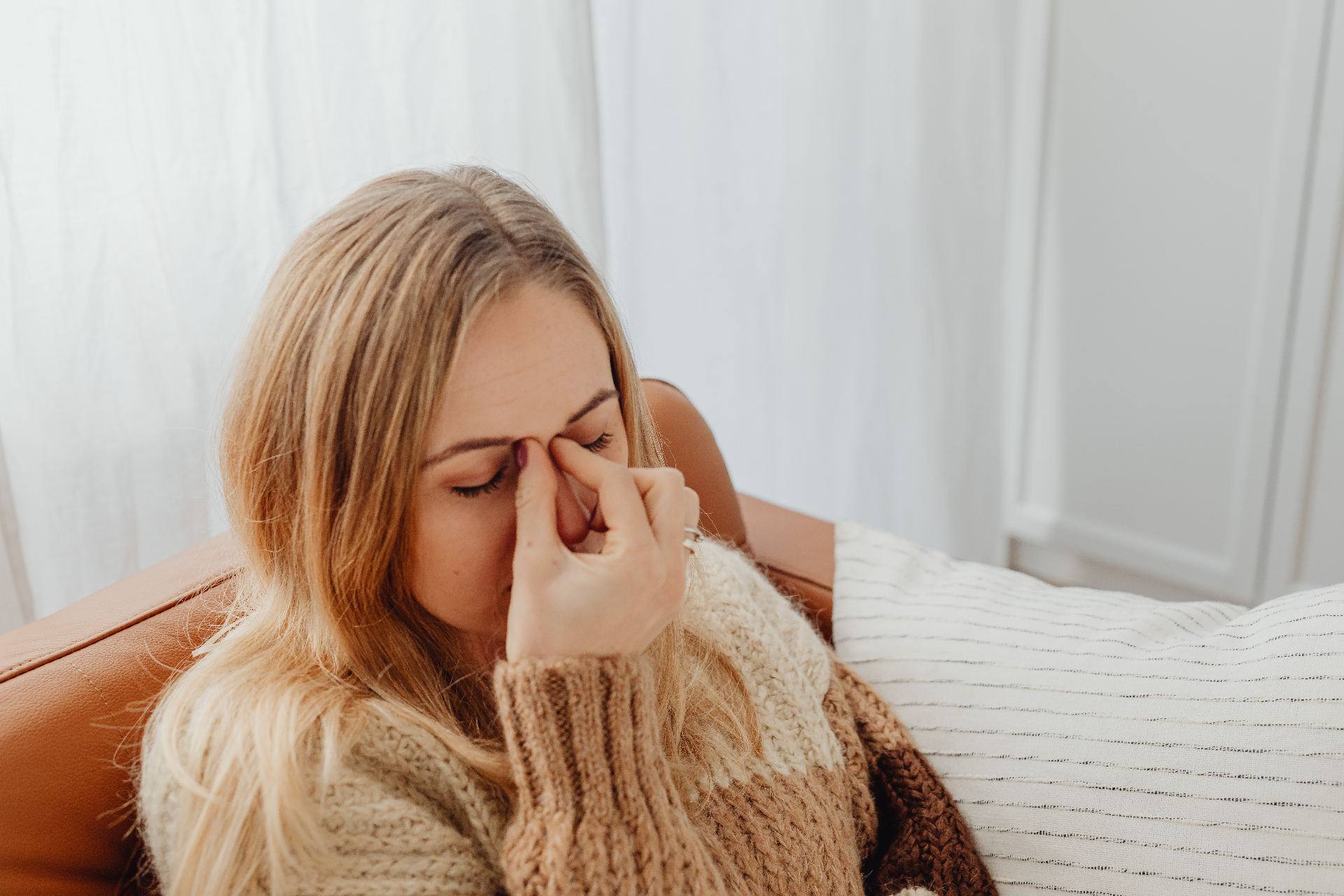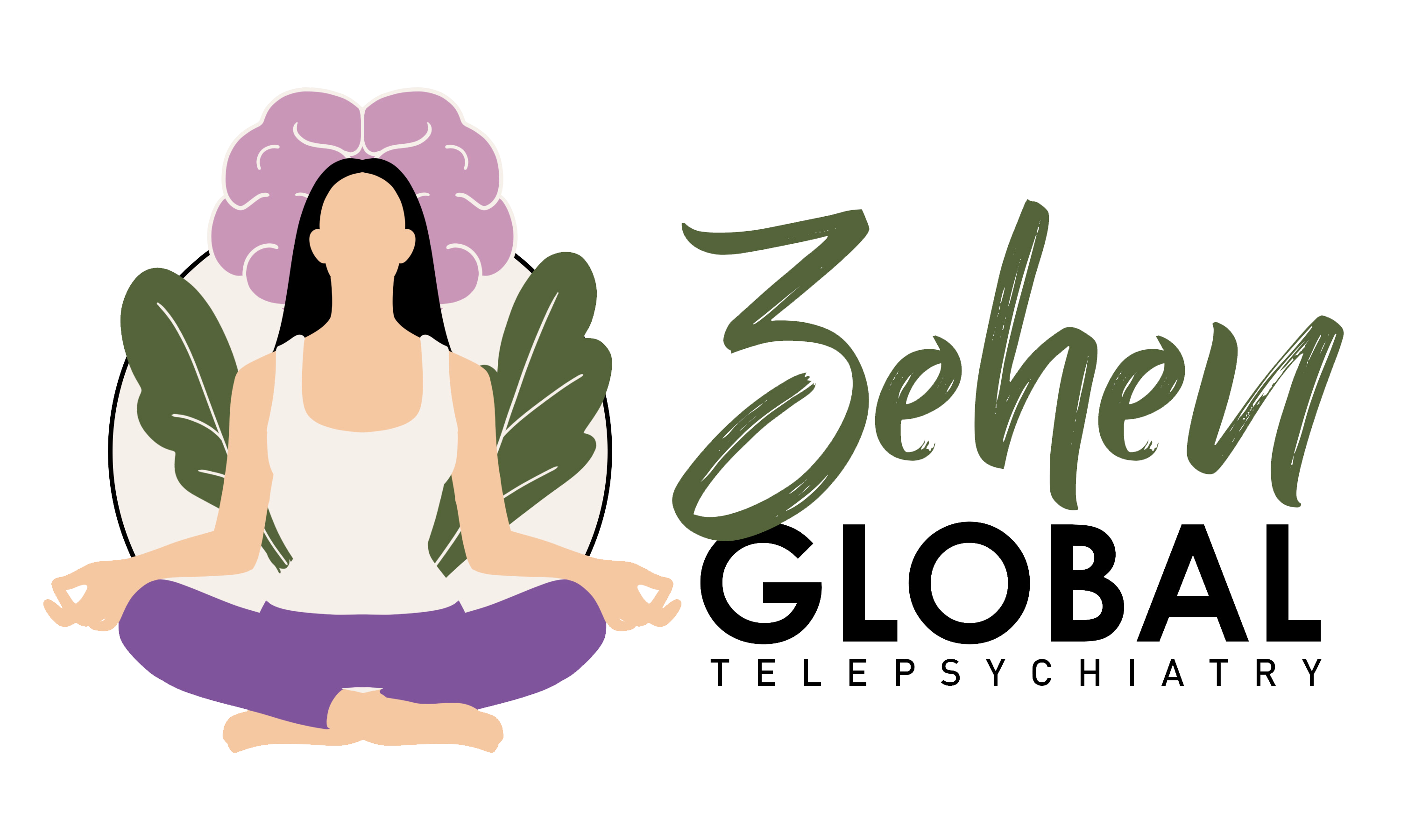Mental health and ‘ Menstruation”

Blog sent by Guest writer Uzma Mushtaq.
Menstruation or what is commonly called “menses” is derived from the Latin word meaning “months”. A menstrual period is a very hard and serious time in the life of females. The menstrual period impacts different everyday life facets, including academic achievement, physical condition, behavioral pattern, diet, exercise, mood, and sleep pattern (Khamdan, 2014). Social,, cultural and religious factors surrounding menstruation can also have a big impact on a woman’s mental health.
The two main hormones involved in menstruation are estrogen and progesterone. Stages of estrogen and progesterone differ across different points in the menstrual cycle and estrogen
levels are lower just after ovulation and before you bleed – the ‘pre-menstrual’
Stage.
Low levels of estrogen are also supposed to have a knock-on effect on other
substances in the mind, like serotonin, which affects mood and thought processes.
Low serotonin is also known to be linked with craving carbohydrates, so there’s a
the scientific reason for your burning craving to mainline crisps and toast like there’s no
tomorrow, when your period is due 3 days.
Hormonal changes during the second half of the menstrual cycle, called the luteal phase, may cause a low mood and irritability in some people. After ovulation, which occurs mid-cycle, the levels of estrogen and progesterone begin to fall. Rising and falling levels of these hormones can affect serotonin and dopamine, which are both chemicals that influence mood, sleep, and motivation.
When the levels of estrogen and progesterone begin to rise again a few days after
the onset of a period, these symptoms often go away.
Most girls feel an extreme level of pain, mood swings, and stress during menstruation and many especially in developing nations do not have much awareness regarding menstruation and hygiene practices. Menstruation is related to several disorders related to
mental health like depression, anxiety, and stress.
“Embarrassment” about menstruation is the main difficulty in health-seeking behavior. It
is also linked with some disorders like social phobia, anxiety, and
depression. Accurate and well-informed discussions regarding menstrual
difficulties can help girls to deal better with such problems.
Some commonly related mental health conditions which are directly a result of menstruation as per the DSM are PMS(Premenstrual syndrome) and PMDD( (PREMENSTRUAL DYSPHORIC DISORDER).
PMS(PREMENSTRUAL SYNDROME):
PMS causes both physical and emotional symptoms. These symptoms can begin at any
stage between the end of ovulation and the beginning of the menstrual period.
The symptoms of PMS can vary greatly. Some people may have very mild symptoms,
while those that others experience are debilitating.
PMS can cause:
irritability
sleep problems
food cravings
aches and pains
acne
anxiety
bloating
bouts of crying
breast tenderness
changes in appetite
PMDD(PREMENSTRUAL DYSPHORIC DISORDER):
PMDD is a more severe form of PMS. PMDD may affect 3 – 8 % of people with menstrual cycles.
The symptoms are so severe that they affect the person’s daily activities and, sometimes, their relationships with others.
Symptoms of PMDD include:
severe depression, anxiety, and irritability
panic attacks
severe mood swings
frequent episodes of crying
loss of interest in activities and other people.
Lack or excess of sleep.
Decreased concentration/lethargy/fatigue.
Suicidal ideation or attempts.
According to the International Association for Premenstrual Disorders (IAPMD), an estimated 15% of women with PMDD will attempt suicide in their lifetime.
HOW TO KEEP YOUR MENTAL HEALTH ON TRACK
DURING THE MENSTRUAL CYCLE?
Track your symptoms
Keep track of your symptoms throughout the phases of your menstrual cycle. This
may help you determine whether your symptoms of depression are connected to your cycle. Having a detailed log of symptoms from your last few menstrual cycles
can also come in handy when you want to discuss depression before and during periods with your health care provider.
Hormonal birth control
Hormonal birth control methods — including the pill or the patch — may help with physical symptoms of PMS like tender breasts and bloating. For some people, they
also help relieve emotional symptoms like depression before and during periods. But discuss them with your doctor.
Medications
The use of medications like diuretics (Werch & Krane, 1976), naproxen, and other nonsteroidal anti-inflammatory drugs have produced improvement compared to placebo (Werch & Krane, 1976). Buspirone has been given safely and effectively either throughout the menstrual cycle or just in the late luteal phase (Rickels, 1989). Essentially all SSRI antidepressants are demonstrably effective in controlled trials, but non-serotonergic antidepressants, lithium, and probably benzodiazepines are not (Brown et al., 2009).
Vitamins and supplements
Some supplements may help relieve symptoms of depression before and during periods. In a clinical trial, it was found that a calcium supplement may reduce PMS-
related tiredness, appetite changes, and depression. Great sources of calcium include milk, cheese, yogurt, fortified cereals, orange juice, and leafy green vegetables. A daily calcium supplement is another way to get enough calcium.
Exercise
Try to be physically active for a minimum of 30 minutes most days of the week. Even going for a daily walk through your neighborhood might improve your symptoms of fatigue, difficulty concentrating, and depression with your Period.
Nutrition
Try to resist the cravings that often accompany premenstrual syndrome. For some people, eating excessive sugar, salt, and fat can have a negative impact on mood. You don’t have to avoid these foods completely, but strike a balance with vegetables, whole grains, and fruits. Avoiding alcohol, stopping smoking, and cutting back on caffeine may also help relieve symptoms
of depression with periods and before it.
REFERENCES:
https://flo.health/menstrual-cycle/health/anxiety-depression-during-period
https://osf.io/razpw/download(RESEARCH PAPER)
https://www.theravive.com/therapedia/premenstrual-dysphoric-disorder-dsm–5-625.4-(n94.3)
